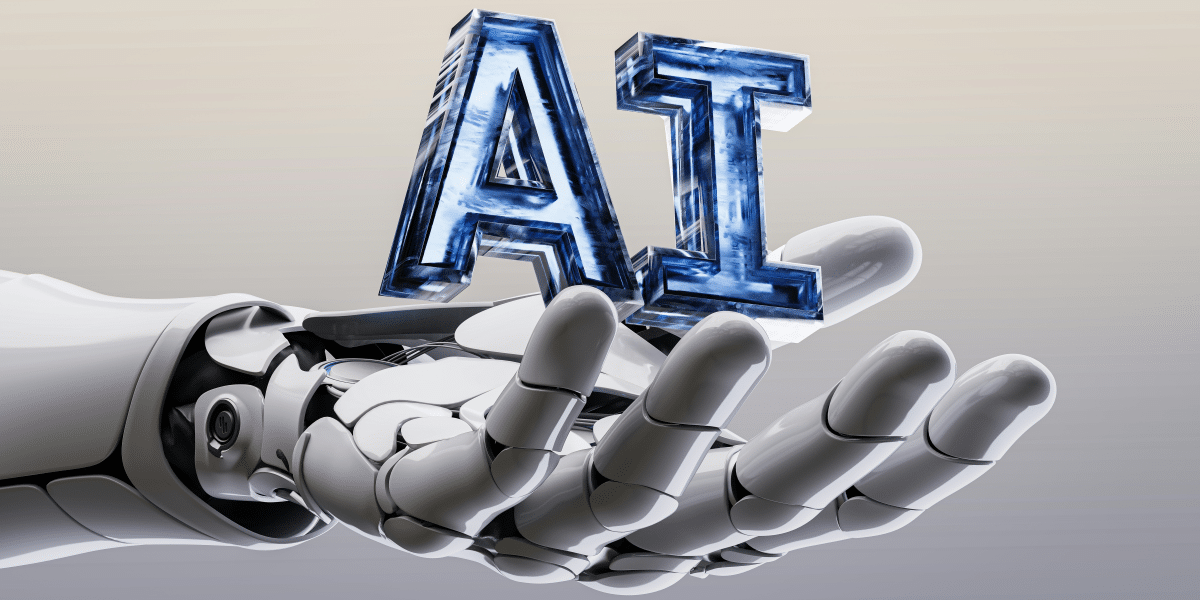As artificial intelligence continues to reshape our world, the debate over its proper use grows more important. While AI offers unprecedented opportunities to enhance human capabilities, it also presents risks that demand careful consideration. The key lies not in whether to use AI, but in how to use it responsibly and ethically.
The Promise of AI: Positive Use Cases
AI’s potential to benefit humanity is vast and already being realized across numerous sectors. In healthcare, AI algorithms are helping doctors detect diseases earlier and with greater accuracy, potentially saving countless lives. Radiologists now use AI to spot subtle abnormalities in medical images that might otherwise go unnoticed, while researchers employ machine learning to accelerate drug discovery.
In environmental protection, AI systems monitor wildlife populations, track deforestation, and optimize renewable energy systems. Companies like DeepMind have demonstrated AI’s ability to reduce data center energy consumption by up to 40%, showing how the technology can directly combat climate change.
The technology has also proved transformative in accessibility. AI-powered tools are helping people with disabilities navigate the world more independently, from real-time speech-to-text applications for the deaf to computer vision systems that assist the visually impaired.
The Dark Side: When AI Use Becomes Problematic
However, not all applications of AI serve the greater good. Perhaps most concerning is the rise of deepfake technology, which can create convincing but false videos and audio recordings. This capability has already been weaponized for disinformation campaigns and fraud, threatening public trust in digital media.
Another troubling trend is the use of AI in surveillance systems that can infringe on privacy rights. While some surveillance applications serve legitimate security purposes, the technology’s potential for abuse in creating surveillance states or discriminatory monitoring systems raises serious ethical concerns.
While necessary at scale, the automation of social media content moderation through AI has sometimes resulted in over-censorship or the amplification of harmful content, highlighting the challenges of delegating nuanced human judgment to algorithms.
AI in Academia
The academic world has become a primary battleground for ethical AI use. On the positive side, AI tools are revolutionizing research capabilities, helping scholars analyze vast datasets, identify patterns in literature, and accelerate scientific discovery. Libraries and research institutions are using AI to make knowledge more accessible and searchable than ever before.
However, the emergence of AI essay writer tools has created new challenges for academic integrity. While these tools can serve as valuable learning aids, demonstrating essay structure and helping students understand how to construct arguments, their misuse threatens the fundamental purpose of education. The ethical approach is to use these tools as learning supplements – having AI demonstrate how an essay might be written, then using that knowledge to develop one’s writing skills – rather than submitting AI-generated work as original content.
Universities are grappling with this reality by developing new policies and detection tools. Still, the effective solution is fostering a culture of academic integrity that emphasizes the value of original thought and authentic learning experiences.
Finding the Right Balance
The path forward requires striking a delicate balance between innovation and responsibility. Organizations should adopt clear guidelines for AI use that prioritize transparency, accountability, and human oversight. These principles might include:
Regular ethical audits of AI systems and their impacts
Clear disclosure when AI is being used to make decisions affecting people
Maintaining human oversight in critical decision-making processes
Protecting individual privacy and consent in AI applications
Ensuring AI systems are tested for bias and fairness
Looking Ahead
As AI technology advances the conversation around its proper use will only grow more important. The key is to remain focused on using AI to augment and enhance human capabilities rather than entirely replace human judgment and creativity.
The successful implementations of AI will be those that maintain this human-centric approach, using the technology as a tool to solve real problems while respecting ethical boundaries and individual rights. We can harness its potential while avoiding its pitfalls by being thoughtful about deploying AI and maintaining strong ethical guidelines.
The future of AI depends not on the technology itself but on our collective wisdom in choosing how to use it. As we continue to navigate this technological revolution, our decisions today will shape whether AI becomes a force for progress or a source of new challenges for future generations.
Published by: Josh Tatunay


















